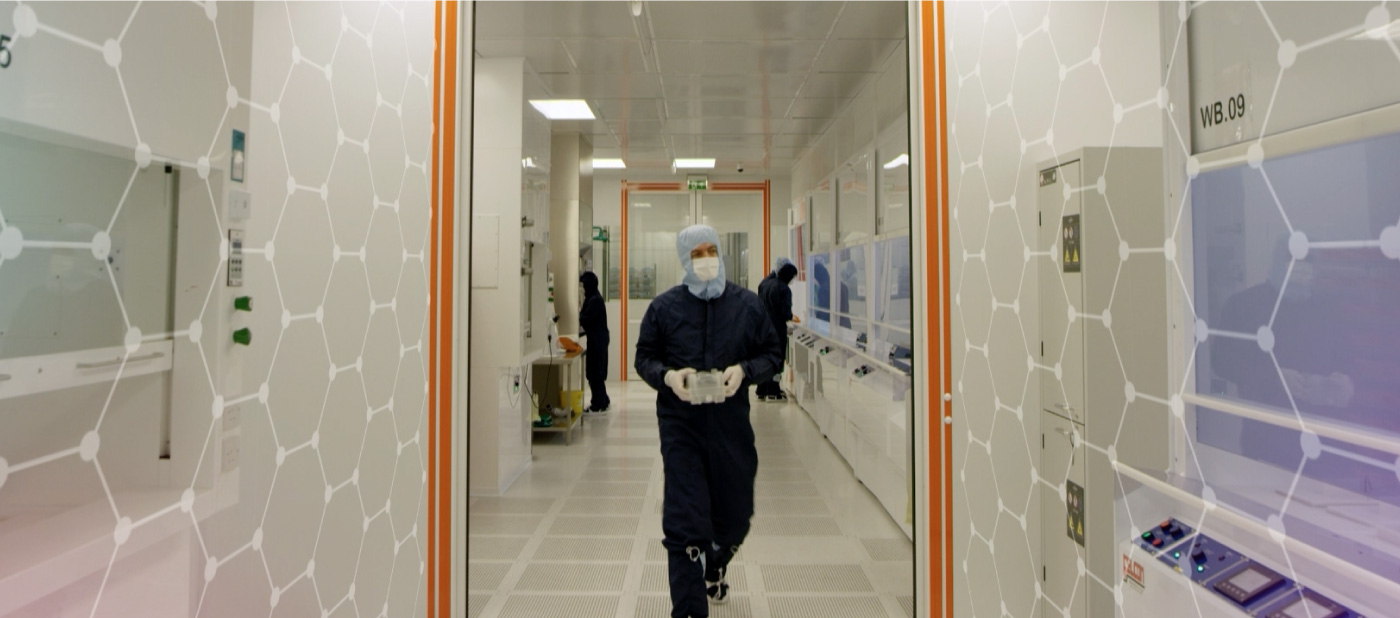Launch of five new technology roadmaps set out how materials science can be harnessed to deliver net-zero targets
In May 2019 the UK Government became the first global economy to set a net zero emissions target for 2050, upgrading the previous target of delivering an 80% cut in emissions. The move followed the publication of the Committee on Climate Change’s (CCC) ‘Net Zero’ report.
In response, the Henry Royce Institute for advanced materials, in collaboration with the Institute of Physics (IOP), has convened the academic and industrial materials research communities to explore the increasingly critical role of novel materials and processes to deliver affordable, reliable and above all, green energy. The output is a series of detailed technology roadmaps that set out how UK materials science can contribute to the UK’s low-carbon energy transition.
The roadmaps form the basis for bringing scientific research communities, industry and government together to address immediate and long-term requirements for the development of a suite of energy materials to replace fossil fuel-based energy technologies.
From March 2020 through to June 2020, the materials community convened around this “grand challenge” with a programme of roadmapping exercises on the theme of Materials for the Energy Transition. This has been a far-reaching activity which has brought together over 220 materials science experts. Through workshops, community-led activities and a robust roadmapping methodology developed by experts at the Institute for Manufacturing, five technology roadmaps have been produced, setting out where materials research can make a significant impact on greenhouse gas emissions.
The process culminated in a successful webinar in which over 400 individuals participated, and a final consultation exercise with the entire materials community, which saw some final refinements to the penultimate roadmaps.
Five technology areas were initially identified as playing a key role in enabling a step-change in greenhouse gas reduction, and the following associated materials roadmaps are now available:
- Materials for photovoltaic systems
- Materials for low-carbon methods for generation of hydrogen and other related energy carriers and chemical feedstocks
- Thermoelectric energy conversion materials
- Caloric energy conversion materials
- Materials for Low loss electronics
The roadmaps provide an understanding of the currently-deployed technologies for each topic, define significant technical challenges and barriers to impact on net-zero targets, define future challenges in contributing to net-zero targets, identify solutions to these challenges, and finally identify the desired performance targets of those solutions.
The roadmaps are living documents, and Royce will engage with research communities to review regularly and develop further roadmaps as new materials systems and technologies emerge.
Each theme has benefited from oversight and technical research leadership from a Higher Education Institute: University of Cambridge, Imperial College London, University of Leeds, University of Manchester and Queen Mary University of London.
Henry Royce Institute Chair, Baroness Brown of Cambridge (Julia King) said:
“The UK Government’s legally-binding target to reach net-zero emissions by 2050 will mean a huge scale up in our actions – as industries, companies and individuals. Making the transition to cleaner, greener energy that meets the growing needs of multiple UK sectors from transportation to utilities, and the individuals they serve, while at the same time reducing our waste streams, will require continued industry innovation and Government support and intervention.
These important materials roadmaps demonstrate, in detail, how cutting-edge materials science and engineering will play a key role this major energy transition. Novel materials will be essential to deliver the disruptive technologies that will bring about the energy-efficient applications and processes we urgently need in order to achieve our 2050 net-zero goal.
What is particularly exciting is that the roadmaps show that many of these next generation materials are already showing great potential, and our challenge is to deploy them at scale. We now need to have a meaningful dialogue with our Government partners to agree on what is technically feasible and economically viable, and most importantly, what will get us to our pressing net-zero target in the shortest timeframe possible and with the greatest benefit to the UK.”
Royce CEO, Professor David Knowles added:
“The UK has a world-leading fundamental research base in materials science and it is clear the community is wholeheartedly committed to coming together to advance progress across a range of sustainable energy systems and technologies, made possible by the utilisation of next generation materials.
Royce plays an integral convening role in bringing this community together, to enable national materials research foresighting and strategy development in relation to national grand challenges. These detailed roadmaps are an excellent outcome from this collective approach, and provide us with clarity on both current research and where there are gaps or disruptive opportunities which remain overlooked. We hope they will help secure the necessary investment for research and innovation programmes that ultimately deliver the materials required for the energy transition. The national approach demonstrated should service as a springboard to the development of further roadmaps related to National Materials Challenges which Royce will help deliver in the future.”
Key recommendations common to all the roadmaps:
- Infrastructure: the need for innovation infrastructure to transfer technology from laboratory to prototype devices
- Facilities: the requirement to establish national facilities for device metrology and degradation testing
- A national approach: greater UK-wide coordination of industrial and academic research programmes
- Investment: targeted Government funding to unlock the potential of materials
- New laws: legislation for the uptake and implementation of low-carbon technology
- Sustainability: the researched materials should be resource abundant, scalable and recyclable
- People: the requirement to develop the skills base and close gaps, including training on facility operations, PhD programmes and postdoctoral researcher support
Enquiries
To discuss the roadmaps, their recommendations, and to engage with the research being delivered by the Materials Science community please contact info@royce.ac.uk






